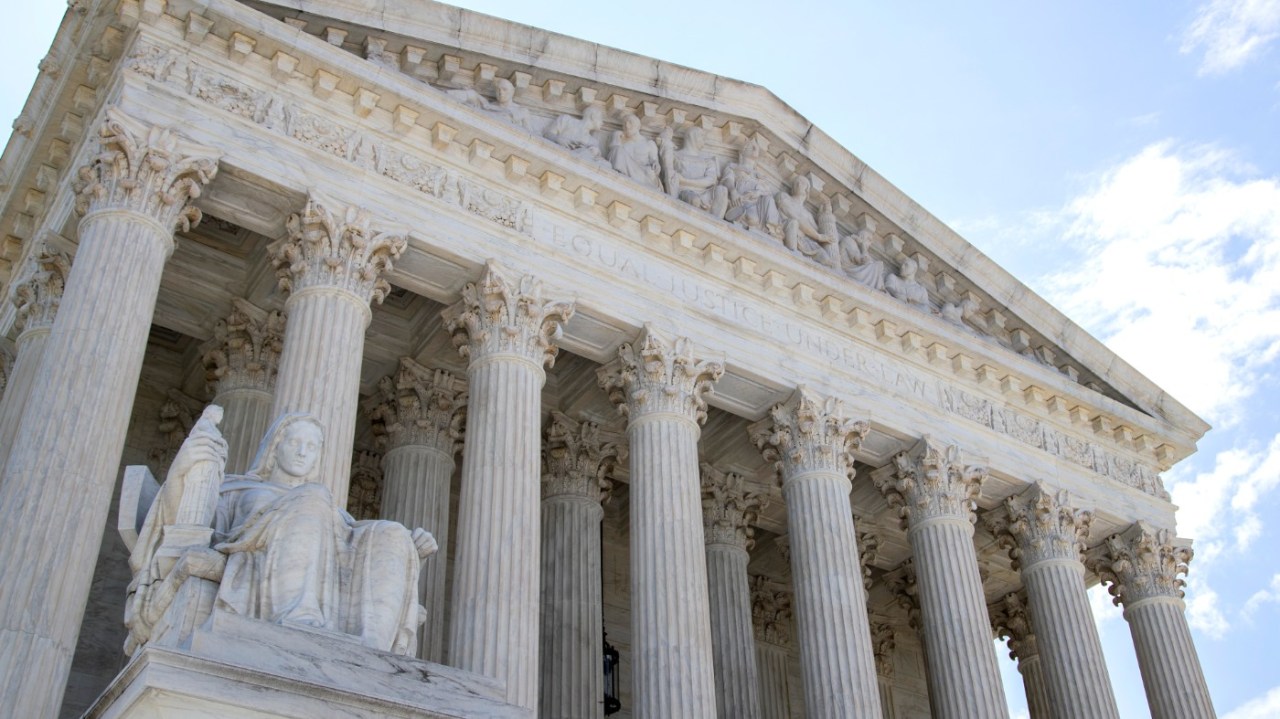Roger A. Shrubber
Well-Known Member
i realized i couldn't find it because i ignored the OP of the thread, after Fog mentioned that that happenswhat do you mean they keep disappearing nothings been deleted...do you want help looking for something?
i realized i couldn't find it because i ignored the OP of the thread, after Fog mentioned that that happenswhat do you mean they keep disappearing nothings been deleted...do you want help looking for something?

the only reason i would have to talk about a non story like that is if the republicans keep bringing it up...Huh. Nobody seems to want to talk about this:

F.B.I. Search of Biden Beach House Finds No Classified Documents (Published 2023)
The search, like at least two others conducted at locations associated with President Biden, was undertaken with the cooperation of the president and his legal team.www.nytimes.com
Yeah, but he had notes.the only reason i would have to talk about a non story like that is if the republicans keep bringing it up...
they seem to like to keep bringing up non stories that no one else cares about.

i'm assuming they realize that the DOJ is never going to prosecute Biden or pence for what they did, so they're looking for something they can manipulate into a mountainous molehill, like a house member who lied about his entire life to get into office...oh wait...NM.Yeah, but he had notes.
Feb. 1, 2023Updated 2:23 p.m. ET
WASHINGTON — An F.B.I. search of President Biden’s family vacation home in Rehoboth Beach, Del., found no classified documents but investigators took some materials, including handwritten notes from his time as vice president, Mr. Biden’s personal lawyer said Wednesday.
Where are the MAGA legal beagles baying at the scent of a Biden SCANDAL???????
View attachment 5255274
they sure have an appetite for a certain sort of meat.i'm assuming they realize that the DOJ is never going to prosecute Biden or pence for what they did, so they're looking for something they can manipulate into a mountainous molehill, like a house member who lied about his entire life to get into office...oh wait...NM.
or perhaps like a house member who lied under oath to protect a pedophile teacher....oh, yeah, forget that one too....
or maybe they'll get to prosecute a president for insurrection...that would be aweso...oohh...i forgot, that one's out, too...
well i'm sure they can find some more meat on the carcass of Hunter's laptop.
wtflute?Bring it! I refute you!
i dun give a mother flute.works for me. I was out of fute.
from your touchscreen to God’s inbox

well that's exactly what i want to hear about a branch of our government...Lax security practices ‘going on for years’ at Supreme Court before leak: report
Lax security measures have been “going on for years” at the Supreme Court, dating back to well before the May leak of the court’s draft opinion in Dobbs v. Jackson Women’s Health Organization that overturned Roe v. Wade, CNN reported Saturday.
Sources familiar with the court’s operations, including former employees, told CNN that the practices have included justices using personal email accounts to share sensitive information instead of secure servers and employees using printers that did not create logs and being able to print sensitive documents outside of the court without any tracking.
Multiple sources told CNN that the practices could have put the court’s security at risk, allowed for the leak last year and limited the court’s investigation to find who was responsible.
“This has been going on for years,” a former court employee said.
One source said justices continued to use private emails partly because they did not move quickly to adopt new technology and court employees did not want to confront them about taking additional security precautions, according to CNN.
The report comes after the court said last month that it was not able to determine who was responsible for leaking the Dobbs draft about a month before the final opinion was publicly released. It concluded the leak was likely not caused by a hack, but the court’s marshal, tasked with finding the source of the leak, could not confirm the culprit despite an extensive investigation.
The court declined to comment to CNN on its report.
Three former court employees told CNN that security surrounding the handling of “burn bags,” which are security bags that contain documents that are meant to be destroyed by fire or shredding, was loose.
One source told the outlet some employees would staple a bag shut when it was set to transfer the documents, but others would be filled to the top and just left near a desk or outside a chamber in the hallway.
Meanwhile, employees with virtual private network access could print out documents from any computer, a former court employee told CNN.
The court’s marshal made seven recommendations for the court to take to avoid another leak, such as limiting access to draft opinions and strengthening training for employees.

Lax security practices ‘going on for years’ at Supreme Court before leak: report
Lax security measures have been “going on for years” at the Supreme Court, dating back to well before the May leak of the court’s draft opinion in Dobbs v. Jackson Women’s Health Organization that …thehill.com
